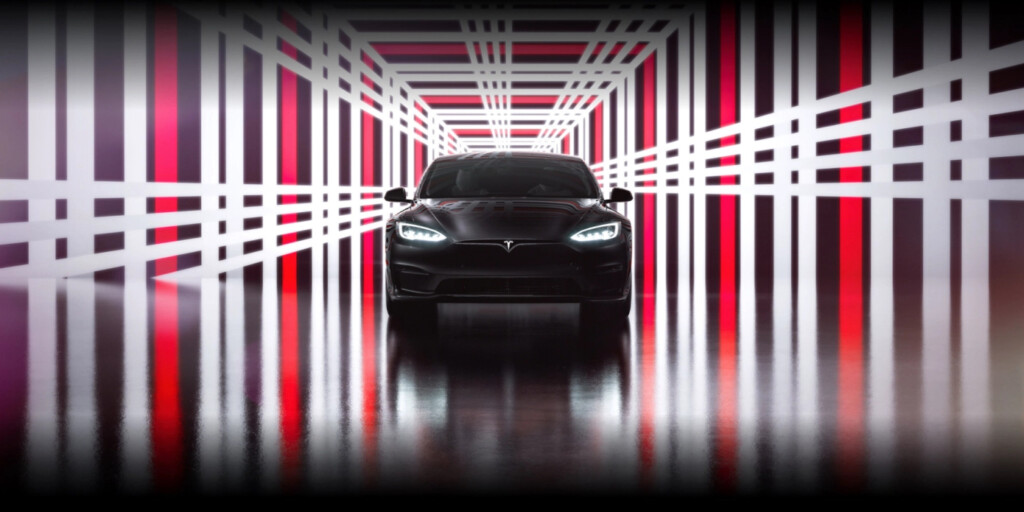Tesla used this approach to maintain high levels of production and managed to deliver over 200000 cars to customers over the course of the quarter, generating USD$11.9 billion (~RM50.36 billion) in revenue and USD$1.1 billion (~RM4.65 billion) in profit.
By the way, that ten-figure profit is mostly from automotive sales, with only USD$354 million (~RM1.498 billion) coming from credit sales and a lost of USD$23 million (~RM97.33 million) from their Bitcoin holding. This is a stark difference from last quarter where the sale of Bitcoin and emission credits made up the bulk of the profits. At this time, the global chip shortage situation isn’t getting any better for several automotive manufacturers. Daimler and BMW announced this week that the scarcity of chips has forced the manufacturers to shut down some of their assembly lines, which resulted in a cut by tens of thousands for vehicle production. Microprocessors and integrated circuit electronics have become an integral part of modern cars, affecting everything from the management of engines to a whole bunch of driver-assistance features. (Sources: The Verge [1][2][3])
